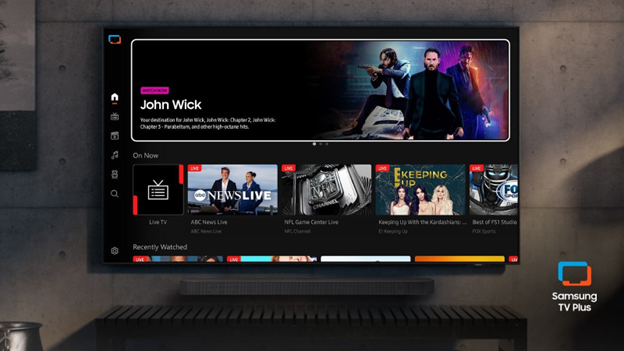If Copps Gets a Crack at Media Ownership
(Feb. 13, 2009) WASHINGTON: Michael Copps has long advocated for more diverse media ownership, and he’s ready to create the regulatory structure to make it happen. The acting chairman of the FCC told reporters this week that it was time to “start moving” on a framework to support minority ownership of radio and TV stations, but he emphasized that it must stand up to judicial review. Copps, a commissioner for eight years, has watched FCC media ownership rules get ground up like sausage in the courts for his entire tenure.
He has consistently called for public interest obligations to be part and parcel of media ownership rules, but as a minority commissioner until just this year, he was summarily ignored by its leadership. In 2003, when then-Chairman Michael Powell’s commission passed rules to substantially relax ownership restrictions, Copps let fly his indignity.
“I dissent to this decision,” he wrote in the 16,800-word manifesto. “I dissent on grounds of substance. I dissent on grounds of process. I dissent because today the Federal Communications Commission empowers America’s new Media Elite with unacceptable levels of influence over the media on which our society and our democracy so heavily depend.”
Copps observed that the 1996 telecom reform bill that eliminated the ownership cap on radio decimated minority ownership in that arena. In about five years’ time, the largest radio group went from one with 75 stations to one with 1,200.
“The number of radio station owners has decreased by an incredible 34 percent since 1996. The number of minority owners has dropped by a shocking, and nationally embarrassing, 14 percent,” he wrote.
Democrats on Capital Hill came at the media ownership rules with pitchforks and torches, particularly a tenet that raised the national audience limitation of TV station ownership from 35 to 45 percent. This national audience cap was the catalyst behind Powell’s reformed measures. Fox attorneys had blasted the ownership rules Powell inherited not a year into his tenure as chairman. They were deemed “capricious and contrary to law” by U.S. Appeals Court Judge Harry Edwards, for whom Powell had been a law clerk.
The FCC is required to review its media ownership rules every few years, and it was under judicial pressure that Powell took on the task. As Congressional Democrats prepared legislation to roll the national cap back to 35 percent, the administration met during the night with key ranking members and rubber-stamped a “compromise” 39 percent cap, just days after News Corp. chief Rupert Murdoch was quoted in the press as saying he was sure the administration would do the right thing.
Murdoch’s 35 Fox TV stations had a 39 percent audience reach at the time.
Media ownership rules were initially devised to provide communities with diverse opinions and points of view, but the rise of the Internet has made it harder to argue that people need access to a variety of local outlets. During his chairmanship, Kevin Martin did away with a ban prohibiting one entity to own both a newspaper and a TV station in a single market. (One that Murdoch had previously worked around in New York.)
Any perceived new restrictions on media ownership will likely fire up beleaguered incumbents, pummeled by the collapse of capital markets. The rules will nonetheless be reviewed, and for now, Copps is in charge. At least until President Obama appoints his choice for chairman, former FCC staffer and presidential Harvard chum Julius Genachowski. Also a member of Obama’s transition team, Genachowski will likely remain in wings until the DTV transition is completed, in part because changing leadership and key staff at the commission during the transition would add to the chaos that’s already expected.
The professional video industry's #1 source for news, trends and product and tech information. Sign up below.
